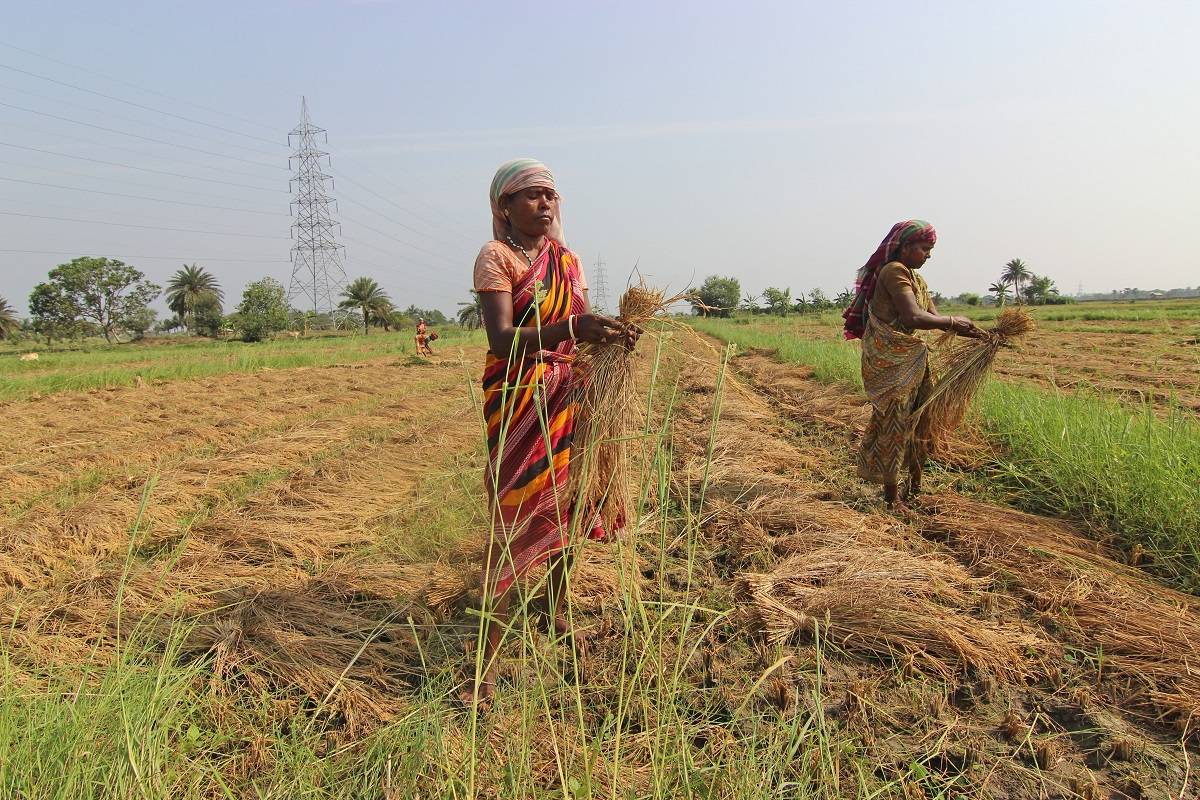
Anand, who hails from the cooperative sector, strongly advocated utilising PACS (Primary Agriculture Cooperative Society) for structural changes in procurement directly from farmers and democratization of the value chain.
The Cabinet Committee on Economic Affairs (CCEA) approved the increase in MSP on June 7 2023, for all mandated Kharif crops for the marketing season 2023-24. As per the list released by PIB, GoI announced an increase in MSP rates for the crops of Paddy-Common, Paddy-Grade A, Jowar-Hybrid, Jowar-Maldandi^, Bajra, Ragi, Maize, Tur/Arhar, Moong, Urad, Moongfali (Groundnut), Sunflower seed, Soybean (yellow), Sesamum, Nigerseed, Cotton (Medium staple)
and Cotton (Long Staple). The expected margin to farmers over their cost of production is estimated to be highest in the case of Bajra (82%) followed by Tur (58%), Soybean (52%) and Urad (51%). For the rest of the crops, the margin to farmers over their cost of production is estimated to be at least 50%.
Welcoming the announcement, Binod Anand said, “The government headed by Hon’ble Prime Minister Shri Narendra Modi has doubled the MSP of many crops like Jowar, Bajra, Ragi, Nigerseed in comparison to MSP declared for 2014-15, whereas the other crops have witnessed the increase in the rage of 70 to 90 per cent, which is significant if you look at the global scenario.”
Anand also underlined the progress on the front of agricultural exports, wherein India's agricultural exports increased by about 22.7 per cent in 2020-21, from ₹2.6 lakh crore in 2019- 20 to ₹3.2 lakh crore in 2020-21, which further increased to ₹3.9 lakh crore in 2021-22, an increase of 21.6 per cent.
He said that India needs a dynamic trade policy to promote agricultural exports, issues related to agri-export infrastructure, agri-value chains, Sanitary and Phytosanitary (SPS) measures, Technical Barriers to Trade (TBT) and traceability, export procedures and documentation, etc. need to be addressed apart from giving special thrust on the export of value-added processed products and organic produce.
Talking about investment in agricultural R&D and Innovations, he said that at least one percent of agricultural GDP public investment in agricultural R&D is needed in India, which can create enabling policy environment for attracting private investment and promoting public-private partnership.
Passionate about the development of sustainable livelihood solutions for smallholders, particularly tribal and other marginalized groups and also a founder member of Rashtriya Kisan Mahashangha, Binod, replying to a question said that the government considers the cost of production, demand-supply and price situation in domestic and world markets, inter-crop price parity, terms of trade between agriculture and non-agriculture sector, utilization of land, water
and other production resources, the likely impact of the price policy on the rest of the economy, and a minimum of 50 per cent as margin over the cost of production while recommending Minimum Support Price (MSP).









